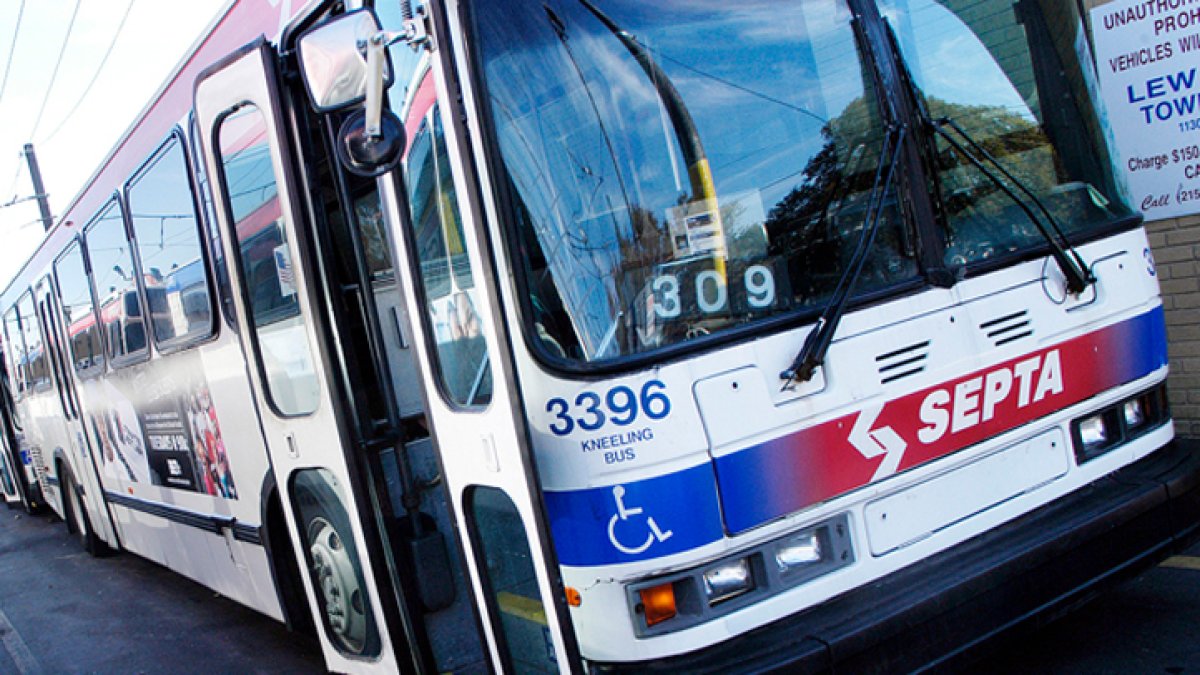SEPTA conducted an artificial intelligence (AI) camera-assisted study in the first few months of this year that helped identify safety issues on several city bus routes.
The study, which was a pilot program lasting 70 days, recorded an average of four thousand violations per week.
The pilot project was conducted in collaboration with Hayden AI, which is receiving valuable data that provides insights such as where vehicles are parked illegally in bus transit zones.
The findings aim to raise public awareness of the security issues these breaches create and inform solutions with law enforcement.
“This study provides data that clearly illustrates the high frequency of these violations and how technology can be used to combat these problems. Reducing these violations will further improve our bus service and improve the safety of our passengers, pedestrians and motorists. Efficient and reliable,” said SEPTA CEO and General Manager. Leslie S. Richards said.
As part of the project, they selected two routes where the highest delays were recorded. Route 21 and Route 42, through which about 10,000 passengers travel daily.
Based on the AI-assisted cameras, some of the discoveries they made were:
- More than 36,000 lane stops and bus stops in the center of the city, west of Philadelphia and part of Upper Darby.
- 32 thousand parking violations at bus stops
- 50% of bus stops are sometimes blocked.
Additionally, through this study, they noted that more than 10,000 passengers experienced delays and other service disruptions on their routes.
While the city has approved the use of artificial intelligence as a sustainable support system for the Philadelphia Parking Authority, the goal is to put more signs on the roads.
A full report on SEPTA’s pilot program with this technology can be found here Here.

